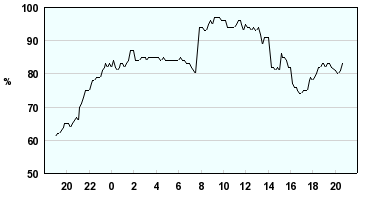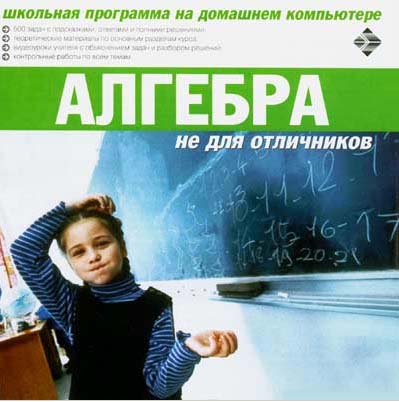
Shabloni Kassovih Chekov Word
1 1 /nalogi/polozhenie-po-buhgalterskomu-uchetu-kassovih-operatsiy.html 1 1. -blank-ooo-obrazets-word-skachat.html 1 1 5 5.
In the days before cable TV (and the myriad other entertainments that have since sprung up to sap our attention), the networks reigned supreme in the television industry. Landing a series in the prime time line-up of one of the “big three” (CBS, NBC, and ABC), where competition was fierce for the few slots that opened up each year, was a TV producer’s ultimate achievement. Keeping his series on the air after having secured a network spot for it was a TV producer’s next greatest achievement. It was with justifiable pride, then, that Gene Roddenberry found himself considering ways to enhance the popularity of his new Star Trek series in September 1966. After years of planning and effort (including the unusual circumstance of his having to produce two separate pilots with two different casts), Roddenberry had managed to convince NBC to take a chance on something outside the usual tried-and-true westerns and family sitcoms that dominated network schedules: a non-anthology science fiction series set on a space ship three hundred years in the future. The chances of landing such a show with a network had been slim; the chances of keeping it there were even slimmer.
So it’s no wonder that after only two episodes of Star Trek had been aired, its creator/producer was already thinking ahead its next season. With an eye towards higher ratings, Roddenberry wrote a memo to casting director Joe D’Agosta on 22 September 1966 which said: Keeping our teenage audience in mind, also keeping aware of current trends, let’s watch for a young, irreverent, English-accent “Beatle” type to try on the show, possibly with an eye to him reoccurring. Like the smallish fellow who looks to be a hit on The Monkees. Personally, I find this type spirited and refreshing and I think our episode could use that kind of “lift.” Let’s discuss. If the wording and date of this memo are accurate, Roddenberry was prescient indeed. By 22 September 1966, The Monkees (which, like Star Trek, was never much a ratings winner during its original run) had aired but two episodes, both of which had lost their time slot in the viewership contest to Gilligan’s Island.
And “Last Train to Clarksville,” the Monkees’ first record, had yet to crack the Top 40 on Billboard’s singles chart. Roddenberry must have been following the television industry (and the teen market) quite keenly to have caught on to Davy Jones’ nascent popularity so quickly. The new character Roddenberry suggested did show up during Star Trek‘s second season in 1967-68 in the person of an ensign serving as the ship’s navigator and junior science officer, as portrayed by actor Walter Koenig. The character’s Beatlesque/Monkeesque origins were demonstrated by the “mop-top” wig placed atop Koenig’s head for his first few episodes until his own hair grew out to a suitable length. (As William Shatner recalled, “the rather bushy toupee he was forced to wear will illustrate the Monkee mimicry point beyond a shadow of a doubt.” And Koenig himself complained that “swallows kept trying to nest in the wig they gave me.”) However, rather than employing a Manchester accent similar to Davy Jones’, Koenig’s character affected an eastern European accent, one that went with the character’s name: Pavel Chekov. So what happened to the “English-accent type” Roddenberry had so eagerly spoken of adding to the cast a year earlier?
Herb Solow, the Vice President of Production at Desilu Studios, where Star Trek was produced, later explained: Pravda, the official newspaper of the Communist Party, had criticized Star Trek as being “typically capitalistic” and questioned why there was no Russian crewman aboard the Enterprise. After all, the Soviets were doing quite well in the race for outer space. Roddenberry liked the idea.
By having someone from behind the Iron Curtain on “our side,” he intended to show that people with opposing philosophies not only could learn to get along, but could in fact set aside their differences and cooperate to bring about a better future for humankind. This was the same explanation of Chekov’s origins that had been offered in the Roddenberry-vetted book The Making of Star Trek, published back when the series was still in production: The Chekov thing was a major error on our part, and I’m still embarrassed by the fact that we didn’t include a Russian right from the beginning. However, now it’s Russia’s turn to be embarrassed. After we wrote Chekov into the show, we sent a long, polite letter to the minister of cultural affairs in Moscow, apologizing for the error and telling him about Chekov. That was over a year ago, and they still haven’t answered us. So we’re square. Thst circumstance explains Chekov’s transformation from an Englishman to a Russian quite nicely.
Did Pravda really run an editorial critical of Star Trek‘s lack of Russian crew members? It seems rather unlikely, given that Star Trek didn’t air in the Soviet Union during its original run, and the decidedly pro-American Cold War allegories that furnished the plots for numerous episodes of the series weren’t exactly the sort of material the Soviets would have wanted to be associated with. Moreover, evidently nobody associated with Star Trek ever saw the alleged editorial — everyone merely heard about it from someone else. Roddenberry himself said he hadn’t seen the editorial; he claimed he had been told about it by one of the show’s actors around the end of 1966. 